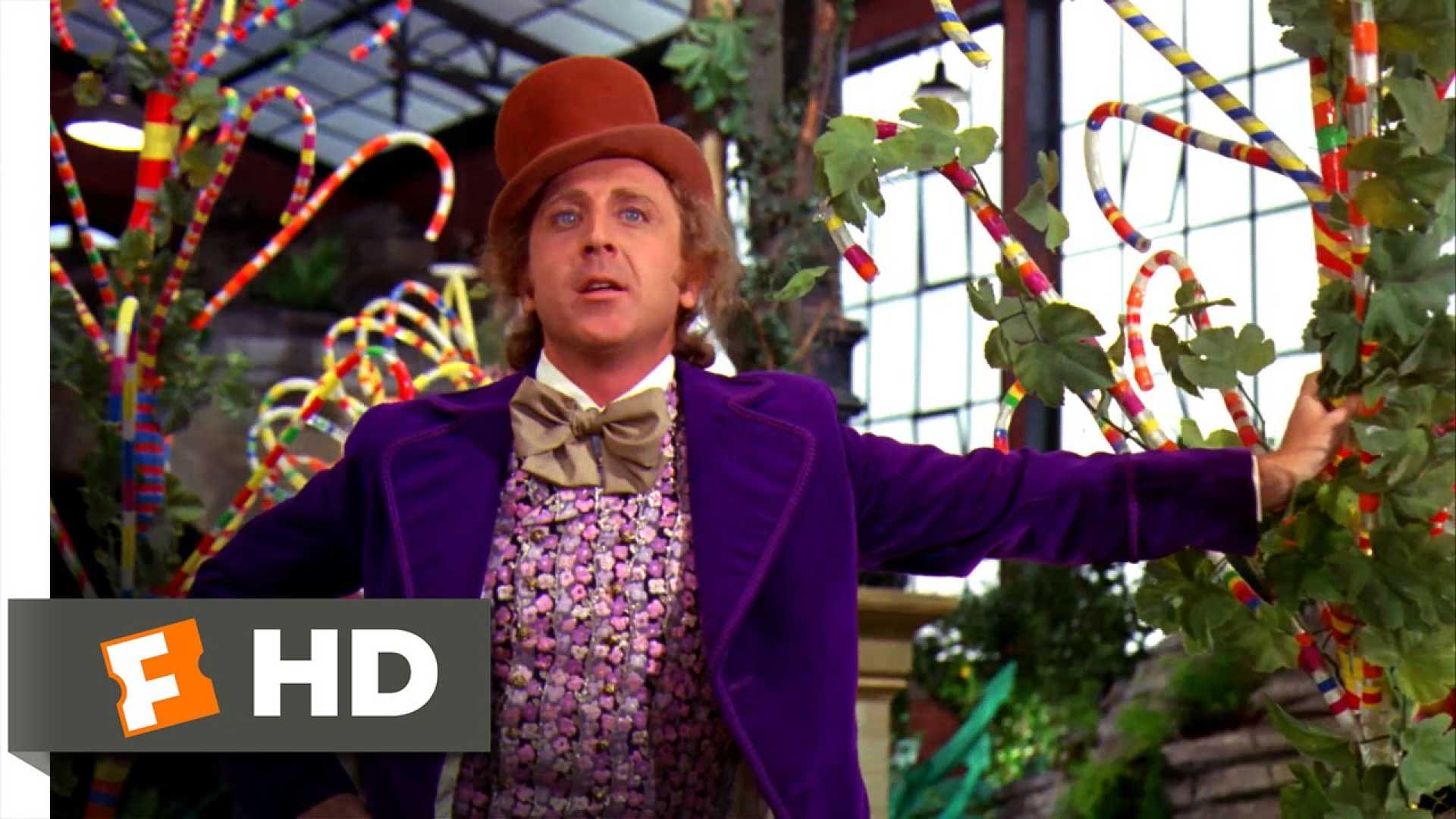Entertainment
Legacy of Gene Wilder: A Comedic Genius and Iconic Willy Wonka

London, UK – As the world remembers Gene Wilder, one of the most revered comedic actors of all time, discussions surrounding his legacy continue to bring to light his iconic performances. Born on June 11, 1933, Wilder is celebrated for his unforgettable roles, particularly as Willy Wonka in the 1971 classic, “Willy Wonka and the Chocolate Factory.” His unique ability to blend comedy with pathos helped define a generation of filmmakers.
Wilder, who collaborated with legends like Mel Brooks and Richard Pryor, created a cinematic legacy that includes classics like “Blazing Saddles” and “Young Frankenstein.” His work not only entertained but also shaped the landscape of comedy in Hollywood. His portrayal of Willy Wonka remains a cornerstone of his career, capturing both the whimsy and darkness inherent in Roald Dahl‘s tale. As the eccentric chocolatier, Wilder engaged audiences with his unpredictable charm, expertly navigating a spectrum of emotions from youthful delight to chilling intensity.
In 2023, a new interpretation of the character was presented in Paul King’s film, “Wonka,” starring Timothée Chalamet, drawing renewed interest in the role. The 2005 remake directed by Tim Burton, titled “Charlie and the Chocolate Factory,” featured Johnny Depp as Wonka and prompted varying reactions from audiences and critics alike.
Wilder openly criticized Depp’s portrayal during an interview with Turner Classic Movies, stating, “I think it’s an insult.” He acknowledged Depp’s talent but expressed disapproval of Burton’s directorial style, suggesting that the reinterpretation strayed far from the essence of what made the original film successful. Wilder’s commentary reflects his intense personal connection to his role.
Conversely, Depp recognized Wilder’s impact on the character, explaining, “Regardless of what one thinks of that film, Gene Wilder’s persona, his character, stands out. It was brilliant but subtle.” Depp admitted that his approach required crafting something different, distancing his interpretation from Wilder’s nearly universally acclaimed performance.
The debate surrounding these adaptations highlights the challenge of balancing homage with innovation. Audiences, divided between nostalgia for Wilder’s version and curiosity for new adaptations, demonstrate the difficulty filmmakers face in reimagining beloved characters. While Wilder’s characterization remains unmatched, the conversation surrounding other interpretations exemplifies the broader impact of his work.
As younger generations discover both versions, there emerges an appreciation for the varied representations of classic tales. Today’s children may find a joy in Depp’s interpretation, while others hold a special place for Wilder’s vibrant and nostalgic creation. Both portrayals, existing in the same universe, enhance the literature’s rich legacy and speak to the versatile storytelling potential within cinema.












